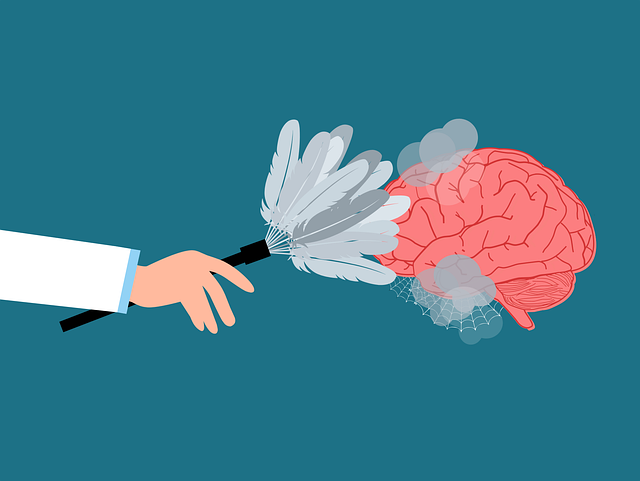Mental health advocacy, through awareness campaigns and community outreach, promotes inclusive environments for individuals with learning disabilities, empowering them to manage their mental wellness. Integrating Superior Learning Disability Therapy into these efforts offers personalized interventions, enhances self-awareness, trauma support, and fosters coping mechanisms, ultimately leading to improved academic and personal growth while advocating for accessible mental health services in diverse communities.
Mental health advocacy initiatives play a pivotal role in shaping supportive environments for individuals with learning disabilities. This article explores the profound impact of such advocacy, focusing on strategies that drive positive change. We delve into the integration of Superior Learning Disability Therapy as a game-changer within advocacy programs, enhancing outcomes and fostering inclusivity. By understanding the power of mental health advocacy, we can navigate a path towards improved support systems and better lives for those with learning challenges.
- Understanding Mental Health Advocacy and its Impact on Learning Disabilities
- Strategies for Effective Mental Health Advocacy Initiatives
- Integrating Superior Learning Disability Therapy into Advocacy Programs
Understanding Mental Health Advocacy and its Impact on Learning Disabilities

Mental Health Advocacy plays a pivotal role in raising awareness and promoting understanding of learning disabilities, which is crucial for developing effective support strategies. It empowers individuals with learning differences by ensuring their voices are heard and their unique needs are addressed. Through advocacy, communities can foster a more inclusive environment where mental wellness is prioritized. This approach challenges stereotypes and encourages the implementation of tailored interventions like Superior Learning Disability Therapy.
By integrating positive thinking and fostering supportive networks through community outreach program initiatives, advocates create safe spaces for individuals with learning disabilities to thrive. This collective effort not only enhances their academic journey but also contributes to their overall development, encouraging them to reach their full potential.
Strategies for Effective Mental Health Advocacy Initiatives

Mental health advocacy initiatives are pivotal in fostering a society that prioritizes and supports mental wellness. To be effective, these initiatives must employ strategic approaches tailored to diverse communities. One key strategy involves integrating Self-Care Practices into advocacy efforts, encouraging individuals to take an active role in managing their mental health through practices like regular exercise, mindfulness techniques, and healthy sleep habits. By promoting Mental Wellness through such measures, advocates can empower people to develop resilience and better cope with life’s challenges.
Additionally, advocating for accessible and quality Superior Learning Disability Therapy services is essential. Tailoring therapeutic interventions to address specific learning disabilities not only enhances an individual’s ability to learn and grow but also contributes to overall Mood Management. Effective advocacy initiatives should thus push for policies that ensure equal access to specialized therapy, thereby improving mental health outcomes for individuals with learning disabilities and fostering a more inclusive society.
Integrating Superior Learning Disability Therapy into Advocacy Programs

Integrating Superior Learning Disability Therapy into advocacy programs offers a holistic approach to mental health support. This therapy goes beyond traditional treatments by focusing on individuals’ unique learning needs and strengths. By incorporating tailored interventions, advocacy initiatives can better cater to those with learning disabilities, ensuring their voices are heard and their specific challenges addressed.
For instance, self-awareness exercises within Superior Learning Disability Therapy encourage individuals to recognize their personal triggers and coping mechanisms. This enhanced self-understanding can be powerful when advocating for one’s mental health needs in various settings. Additionally, trauma support services become more effective when these therapeutic techniques are utilized, as they help individuals process and manage past traumatic experiences that may impact their current mental well-being. Effective risk management planning for mental health professionals also relies on understanding the nuances of learning disabilities to provide safe and inclusive care.
Mental health advocacy plays a pivotal role in empowering individuals with learning disabilities, fostering their well-being, and enhancing their quality of life. By integrating strategies such as Superior Learning Disability Therapy into advocacy programs, we can navigate complex systems more effectively and create positive change. This holistic approach ensures that the unique needs of those with learning disabilities are not only recognized but also addressed, ultimately leading to improved outcomes and a more inclusive society.














